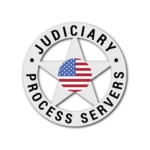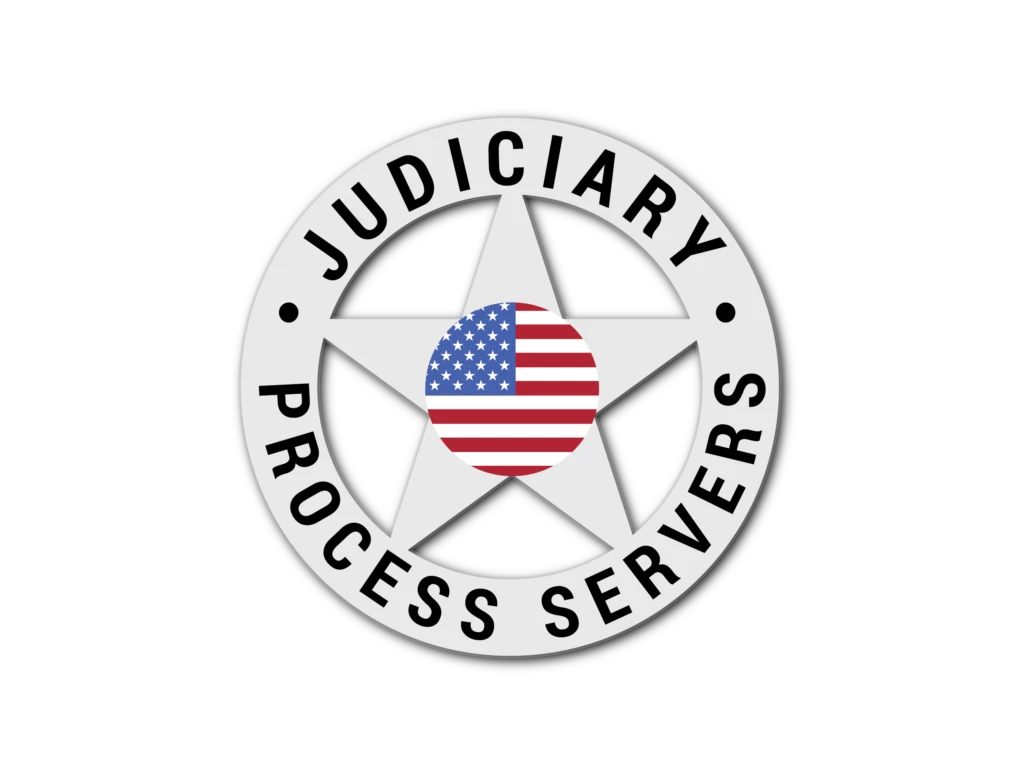The Significance of Personal Service: Ensuring Due Process Through In-Person Delivery of Legal Documents
The Significance of Personal Service: Ensuring
Due Process Through In-Person Delivery of Legal Documents
The Significance of Personal Service: Ensuring Due Process Through In-Person Delivery of Legal Documents
Introduction
The legal system is built on the foundation of due process, a concept deeply rooted in the idea that every individual has the right to be informed of legal proceedings involving them and to have an opportunity to be heard in court. One essential aspect of upholding due process is the proper service of legal documents, and there is a compelling case for the importance of serving these documents in person. In this article, we will explore the reasons behind the insistence on personal service in the legal realm, examining its role in ensuring fairness, transparency, and the integrity of the legal process.
Due Process and the Constitutional Imperative
At the heart of the legal system lies the concept of due process, a fundamental principle enshrined in the constitutions of many democratic nations, including the United States. Due process guarantees individuals the right to notice and an opportunity to be heard before being deprived of life, liberty, or property. Serving legal documents in person is a critical component of fulfilling this constitutional imperative.
When legal documents are served in person, it ensures that the individual involved is not only aware of the legal proceedings but is also given a fair chance to respond. This personal delivery of documents is in line with the spirit of due process, as it actively involves the individual in the legal process from the outset.
Ensuring Receipt and Avoiding Unintended Consequences
The act of serving legal documents in person significantly increases the likelihood that the intended recipient actually receives the documents. In legal matters, especially those involving critical issues such as civil suits or criminal charges, ensuring that the parties involved are fully aware of the proceedings is paramount.
Serving documents in person reduces the risk of unintended consequences that may arise from alternative methods of service. For instance, if documents are sent by mail and not received, the individual may not be aware of the legal action against them, potentially leading to unjust outcomes. Personal service provides a level of certainty, minimizing the possibility of parties being blindsided by legal developments.
Verifying Identity and Minimizing Errors
Another crucial aspect of serving legal documents in person is the opportunity to verify the identity of the person receiving the documents. This is particularly relevant in cases where identity confirmation is essential, such as when serving documents related to sensitive matters or involving multiple parties.
Personal service helps minimize errors and ensures that legal documents reach the correct individual. This verification process is crucial in maintaining the accuracy and reliability of legal proceedings. In situations where documents are served to the wrong person, it can lead to confusion, delays, and, ultimately, a breakdown in the fairness of the legal process.
Witnessed Service and the Role of Process Servers
Serving legal documents in person often involves the use of process servers, individuals trained and authorized to deliver legal documents to the intended recipients. The act of personal service becomes a witnessed event when a process server physically hands over the documents. This witnessed service adds an additional layer of accountability and documentation to the legal process.
Process servers may be required to provide affidavits or sworn statements confirming the details of the service. This documentation serves as evidence that the service has taken place, and it can be crucial in addressing any disputes or challenges related to the delivery of legal documents. The involvement of a neutral third party, such as a process server, enhances the credibility of the service and contributes to the overall integrity of the legal system.
Maintaining the Integrity of the Legal System
Personal service is a cornerstone of the legal system’s integrity. It ensures that legal proceedings are conducted in a transparent and accountable manner. By requiring personal service, the legal system affirms its commitment to fairness and equal access to justice for all parties involved.
The transparency achieved through personal service extends beyond the immediate parties to a case. It contributes to public confidence in the legal system by demonstrating that every effort is made to notify individuals of legal actions against them. This transparency not only serves the interests of the parties involved but also fosters trust in the broader community regarding the legitimacy of legal processes.
Addressing Alternative Methods of Service
While personal service is the preferred method in many cases, legal systems recognize that there are situations where serving documents in person may not be practical or possible. As a result, alternative methods of service exist, providing flexibility while still prioritizing the principles of due process.
Service by mail, publication, or electronic means may be permitted under specific circumstances and in accordance with the rules and regulations of the jurisdiction. However, these alternative methods are often considered secondary options, used when personal service is not feasible. Courts may impose additional requirements or safeguards to ensure that these alternative methods adequately achieve the goal of providing notice and an opportunity to be heard.
Conclusion
In conclusion, serving legal documents in person is not merely a procedural formality; it is a fundamental element of due process that safeguards the rights and interests of individuals involved in legal proceedings. The importance of personal service lies in its ability to provide notice, ensure receipt, verify identity, and maintain the integrity of the legal system. By upholding the principles of due process through personal service, the legal system reinforces its commitment to fairness, transparency, and the equitable administration of justice. As the legal landscape evolves, it is crucial to continually evaluate and refine the methods of serving legal documents to uphold the principles that form the bedrock of a just and democratic society.
AGGRESSIVE AND PROFESSIONAL NATIONWIDE PRIVATE PROCESS SERVERS
Here at Judiciary Process Servers, it’s our number one priority to make your job easier. Whether you need legal documents served, a foreign subpoena domesticated, or court documents retrieved, our expert team of professionals are ready to help. Call today for a free quote!
Account
Connect
National Headquarters
8482 Fort Smallwood Road
Suite B-110
Pasadena, MD 21122
8482 Fort Smallwood Road
Suite B-110
Pasadena, MD 21122
© Copyright by Judiciary Process Servers 2021 | Web Design by Exo Agency
No products in the cart.

